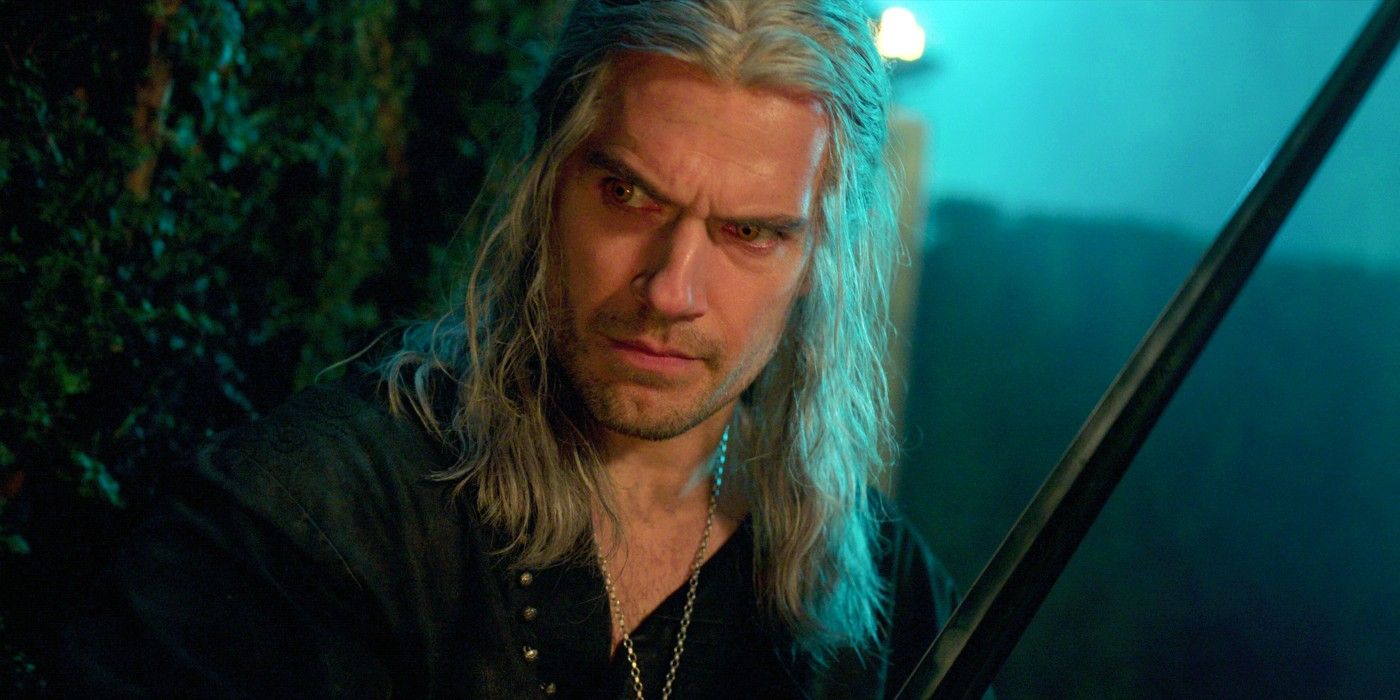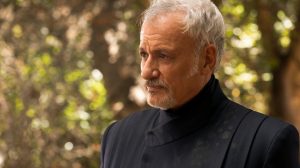
The Witcher has stirred significant conversation lately, particularly regarding the ongoing transition from Henry Cavill to his successor. As fans grapple with Cavill’s exit, it appears the most fitting replacement is not the one many had anticipated—Liam Hemsworth.
In the lead-up to the third season, Cavill made the announcement that it would be his final performance as Geralt of Rivia. His dedication to both the video games and the original novels endeared him to the fanbase, and his departure came as a considerable blow. The mixed reviews of season three have only intensified the disappointment surrounding his exit.
While Hemsworth, known for his notable acting chops, may potentially bring a fresh take to Geralt, the overall buzz surrounding the series has dwindled. Nevertheless, Netflix isn’t throwing in the towel just yet. Fans can look forward to “The Witcher: Sirens of the Deep,” an animated adventure slated for release in 2025. This follows the critical success of “The Witcher: Nightmare of the Wolf,” which set a high bar for animated storytelling within the franchise.
One particularly exciting tidbit is the return of Doug Cockle, the voice actor beloved for his portrayal of Geralt in the renowned video games. His voice has become iconic for many fans, reminiscent of how Kevin Conroy’s work defined Batman for an entire generation. Cockle’s involvement in the upcoming animated project promises to rekindle that spark of nostalgia and authenticity to which fans have become accustomed.
The animated route offers a compelling avenue as the live-action series struggles to maintain momentum. “The Witcher: Sirens of the Deep” is rapidly becoming a highly anticipated title, especially among the die-hard followers of the saga. Meanwhile, with Hemsworth stepping into the shoes of Geralt, the live-action series must confront the steep challenge of regaining its audience’s trust. The hope exists that this animated film may very well surpass the live-action offerings in terms of appeal to the core fanbase.
It is essential to clarify that some viewers still possess faith in Hemsworth’s ability to embody Geralt. His talent could surprise those who favored Cavill’s interpretation. However, with the show’s production values and adherence to the source material having been in question, it remains uncertain whether a change in the lead actor will bring about the rejuvenation many are seeking.
The Witcher may be navigating through tumultuous waters, but the shift towards animated storytelling could represent a fresh chapter for the franchise. With the extensive freedoms afforded by animation, this transition stands poised to deliver the fantastical elements that fans crave—elements that have proven challenging to capture in live-action, as noted by the contrasting successes and struggles of other fantasy series.
As we consider the future of The Witcher, it becomes clear that while Hemsworth may not be the problem, the series faces deeper systemic challenges. Whether the next season can reinvigorate the passion of its audience remains an open question. However, the anticipation surrounding the animated project shines a hopeful light on a franchise at a crossroads, eager to rediscover its magic amid recent turbulence.




